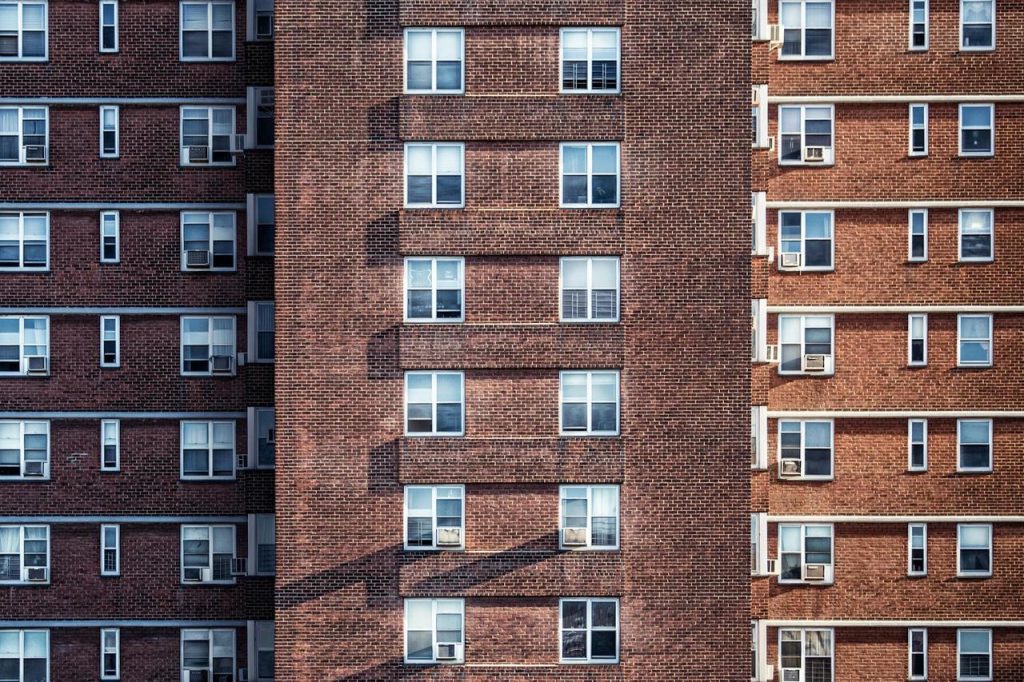
(WNY News Now) – A state audit reveals major challenges in New York City’s CityFHEPS program, leaving homeless New Yorkers in shelters for months due to administrative missteps and inadequate oversight.
New York City, N.Y. – New York State Comptroller Thomas P. DiNapoli’s latest audit underscores critical flaws in the City Fighting Homelessness and Eviction Prevention Supplement (CityFHEPS) program, which aims to transition homeless New Yorkers into stable housing. The report found severe delays in program processes and insufficient monitoring by the New York City Department of Social Services (DSS), raising concerns about the city’s capacity to manage homelessness amid a mounting affordability crisis.
DiNapoli’s findings, covering July 2019 through December 2023, highlight systemic issues with data reliability, eligibility determinations, and delays in issuing “Shopping Letters”—which enable eligible households to seek housing within their CityFHEPS-approved rent limit. According to the audit, households approved for CityFHEPS waited an average of 10 months to exit shelters, with one case spanning over three years.
The DSS reported helping 87,588 individuals secure housing since CityFHEPS launched in 2018, processing 41,563 cases with a current budget of $816 million. Yet, DiNapoli’s report suggests inadequate data handling; a review of 57 cases marked as “shelter exits” revealed that many individuals had either remained in shelters or never secured housing due to coding errors in the DSS’s Client Assistance and Rehousing Enterprise System (CARES).
Significant delays were also noted in subsidy payments, with DSS unable to provide proof of payments in 40 out of 52 cases audited. In one instance, DSS continued rent assistance for two months after the tenant returned to a shelter. Auditors cited poor interdepartmental communication between DSS and the Department of Housing Preservation and Development (HPD) regarding rent controls and client eligibility, impacting timely access to affordable housing.
Additionally, issues persist within the Subchapter B housing program, which was established in 2021 with $447 million in contracts to provide supportive housing. Of the units set aside for CityFHEPS households, 20% remained vacant due to habitability issues as of December 2023. Some units had outstanding housing violations, including pest infestations and safety hazards, while DSS continued payments for unoccupied units due to improper oversight.
DiNapoli recommended DSS adopt more rigorous monitoring of eligibility and payment processes, initiate timely physical inspections of housing units, and ensure compliance with safety standards. DSS refuted some findings, contending that delays in “Shopping Letters” are uncommon and attributing some issues to HPD’s oversight.
